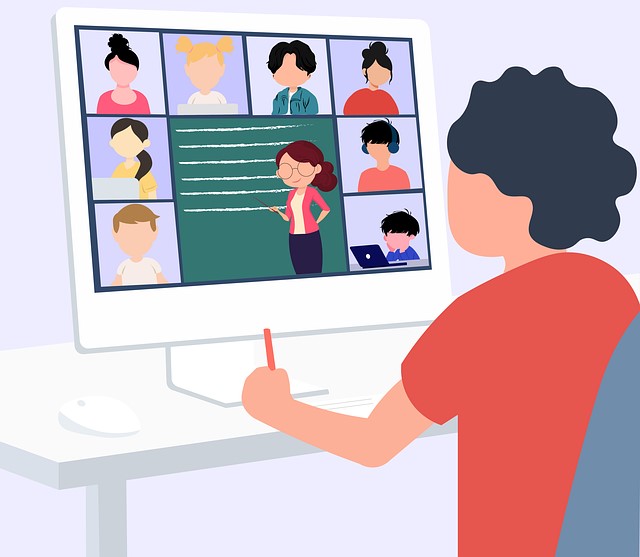Since the advent of the internet, online gaming has increasingly become a favorite pastime and a social activity for students all over the world. Due to the easy access to different games, gaming has brought a variety of opportunities and issued challenges to education.
This article goes deeper to explain how a student’s learning is affected by online gaming, especially in terms of cognitive aspects, motivation, and areas of distraction.
Positive Effects of Online Gaming on Education
1. Enhances Cognitive Skills
Online games can play a stellar role in improving students ‘cognitive skills, including problem-solving, memory, and critical thinking. Players often have to think about a particular situation and make a decision within a short period, which will also help reset and maximize their knowledge.
- Improves problem-solving: All puzzles and strategy games involve the use of creative skills among players in problem-solving.
- Enhances memory: The kinds of games that enhance memory assist players in remembering events and facts.
- Boosts multitasking: Action games that involve multitasking are very useful in the sense that the student learns how to handle various tasks at once in learning.
2. Increases Motivation and Engagement
Educational games have also had a positive impact on the student’s motivation since they enhance their learning in the class through games. For instance, games that use point systems or levels help students set goals and achieve them, boosting their morale.
- Encourages goal-setting: Most games have levels or achievements, which activate students’ goals and challenge them to accomplish them.
- Provides instant feedback: Games present the results instantly, and students can learn from it and make improvements quickly.
- Supports social learning: Playing computer games, especially those with multiple players, can enhance the ability to communicate and work in groups, which are important in developing group projects.
Gaming platforms like the 1111 win app give new users an opportunity to entertain them through games and, at the same time, can make them educationally productive through rewards they offer. That said, you will like to explore 1111 win app, which is supportive for new users in terms of entertainment and cost-effectiveness.
Potential Downsides of Online Gaming in Education
1. Risk of Distraction
While online gaming has various positive effects, it also has the following negative effects in the wake of excessive playing. The students generally start missing their class lessons and other important assignments. It deprives children of much time that would otherwise be dedicated to schoolwork, homework, and concentration.
- Time management issues: Children may find it difficult to balance gaming and their schooling.
- Reduced attention span: When children are used to fast games, they will not be able to focus on longer and more detailed works.
- Impact on sleep: Playing games at night will result in poor sleeping, hence poor concentration on studies during class time.
2. Financial and Social Concerns
Online gaming, particularly pay-to-play games, exposes students to using their money to buy in-game items, which might not be suitable for young people. Further, social interaction in games puts students in sometimes in a clash or overly competitive with their fellow students.
- In-game purchases: A student may use the money to buy items in the game instead of using the money to buy other relevant learning materials.
- Social pressure: There are cases when the multiplayer features lead to rivalry with friends or classmates based on the game.
Through online gaming, one can look forward to enhancing skills and motivation as well as improving learning, but its negative effects will lead to distractions. By maintaining a perfect balance, students can have fun playing games without compromising their studies.
